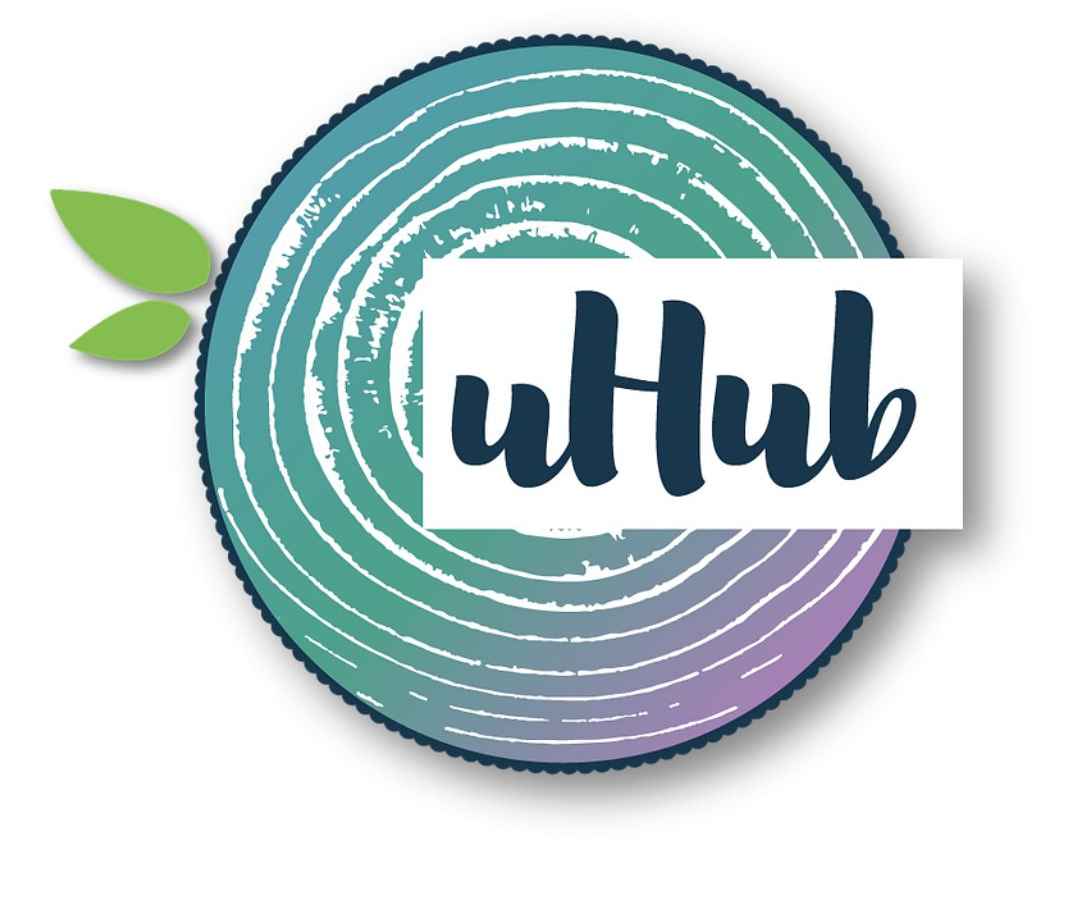Reviewed By Cara Swanston - Registered Member MBACP Adv. Dip.
Considering Starting Counselling?
25 January 2023
You may be considering counselling or therapy for the first time and we understand what a daunting process it can be making the first steps to reach out for help.
You may be considering counselling or therapy for the first time and we understand what a daunting process it can be making the first steps to reach out for help.
You may be reaching out because you are facing challenges in your personal life, your relationship, or your work. You may have a recent diagnosis of depression or anxiety that you’d like to tackle head on. You may be struggling with addiction, loneliness, anger or resentment that’s taking its toll on your personal life.
People consider therapy for a myriad of reasons and at varying points in their wellbeing journey. There is no “perfect” time to take a step towards better mental health & wellbeing.
If you are reading this, maybe you are considering counselling as an option? You may have many worries or questions buzzing about in your mind. Below Gavin shares his experience of therapy and a little encouragement to take that step!
The first step, reaching out for support, is often the hardest and bravest move you can take. Once you’ve made that step, you may feel relief, you should feel pride and you may feel a little uncertainty about what comes next.
We hope the below questions and answers will help ease any doubts or anxiety you may have before your journey into personal therapy begins. If you have any other questions not covered here please do leave a comment on this post or anonymously via our “Ask a Therapist” contact form.
1. Should I Go With An Agency Or Private Therapist?
It’s your choice.
Private therapy is self funded and will cost between £40 – £60 per session, wait times are generally very short and you can generally chat to the therapist beforehand to ask any questions you may have, see if you are a good fit for each other, and that they can accommodate any practical requirements you may have e.g. days you are free, time that suit and frequency you require, accessibility etc.
Agency counselling can be funded (free), partially funded (you make a contribution, or you pay on a sliding scale), or some have private rates. Agencies may have a range of therapists you can choose from or you may be allocated a therapist based on your referral information. Generally, most agencies will give you a choice of a male or female therapist, try to accommodate your schedule and match you to a therapist who they feel you will work well with.
It’s important to find a therapist that fits you and your needs. Feel free to ask any questions to find out more about your counsellor/the organisation, their experience, or any areas of expertise for example.
2. What Is The First Step?
You can ask your GP for a referral if suitable, look for private therapists in your area, or here on Find Help NI’s Directory for organisations that offer counselling services.
Once you have decided which route you would like to go you can reach out to them directly by email, phone or website contact form. This is called self referral.
You will usually receive a call or email to confirm receipt of your referral and information about when to expect your first appointment. Your first session will often be referred to as an assessment, which will include general questions to gain a little more understanding of your goals for therapy, any challenges or issues you’re facing and a bit of background history. They may also discuss the type or modality of therapy they use and what you can expect from your sessions. You will often go through a counselling agreement together.
3. What Is A Counselling Agreement?
This is an agreement between the counsellor and you (sometimes known as a contract), it’s just a way of setting out the information you’ve agreed to. This can include information like the day on which you attend, the time at which you attend, the amount of sessions, where the sessions will take place, and an understanding of confidentiality and its limits, and/or how any personal data or information is held. This agreement will also include processes like how to cancel an appointment, if you’re late for an appointment and other practical information.
Your therapist will talk you through all this before you begin your first proper counselling session. If you are unsure of anything this is a great time to discuss any worries or concerns you have.
An agreement can be made verbally, on paper or online.
4. How Long Do Sessions Last?
Counselling sessions are usually 50 minutes long, and initially last for 6 weeks unless extended or otherwise agreed. These sessions generally take place on the same day and same time each week. This is agreed between you and your counsellor and forms part of your counselling agreement or contract.
5. Your Sessions Are Yours
Your journey will be individual to you and incomparable to any others. Your therapist will be trained to help you explore yourself, how you see yourself, and how you relate to others. They will facilitate the sessions to allow you to move forward in a way that’s right for you (some of us take longer than others).
6. Most Importantly
Be kind to yourself and remember that the ‘you’ that had the bravery to walk into that first session feeling vulnerable, and downhearted, might just walk out feeling hopeful and more prepared for whatever the future may bring.
Featured Organisation
Local
uHub is a counselling service with a multi-disciplinary approach to emotional health and well-being. We provide a safe and confidential environment where feelings can be explored. We work from an integrated approach, psychodynamic/person centred which we tailor to meet the needs of each individual so they can get the best possible service and experience from their counselling.
Get Inspired Further
mindfulness beginner advice
Mindfulness is the foundation of self-compassion.
ask a therapist cbt and ptsd
CBT can be accessed by someone with CPTSD, but this will often depend on where you have tried to access CBT and also on your individual situation.
Teens, Social Isolation & Screentime
As parents we want the best for our children, and we can spend a huge proportion of our time worrying about what they are doing especially when it comes to screen time and shutting themselves away in their bedroom.




